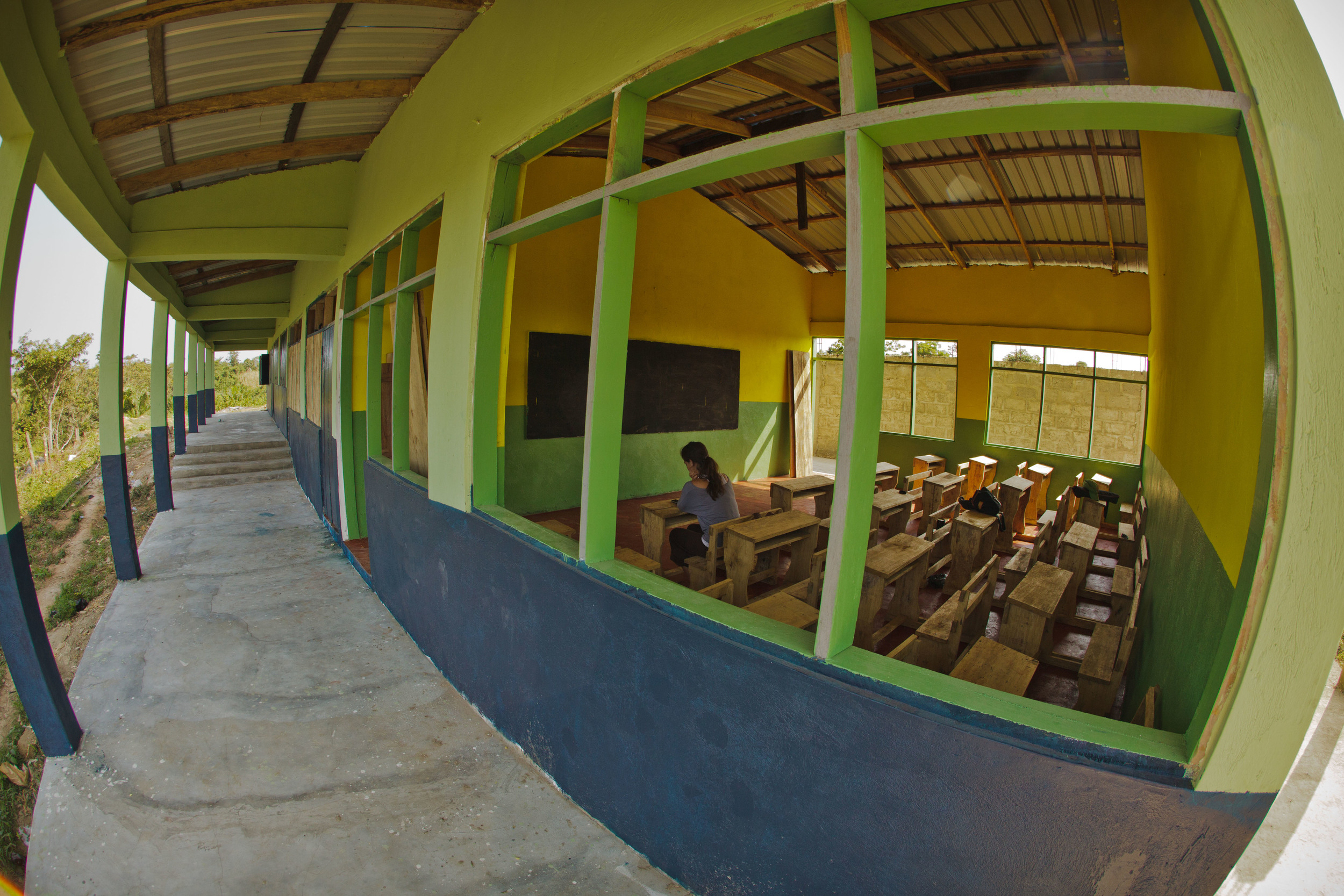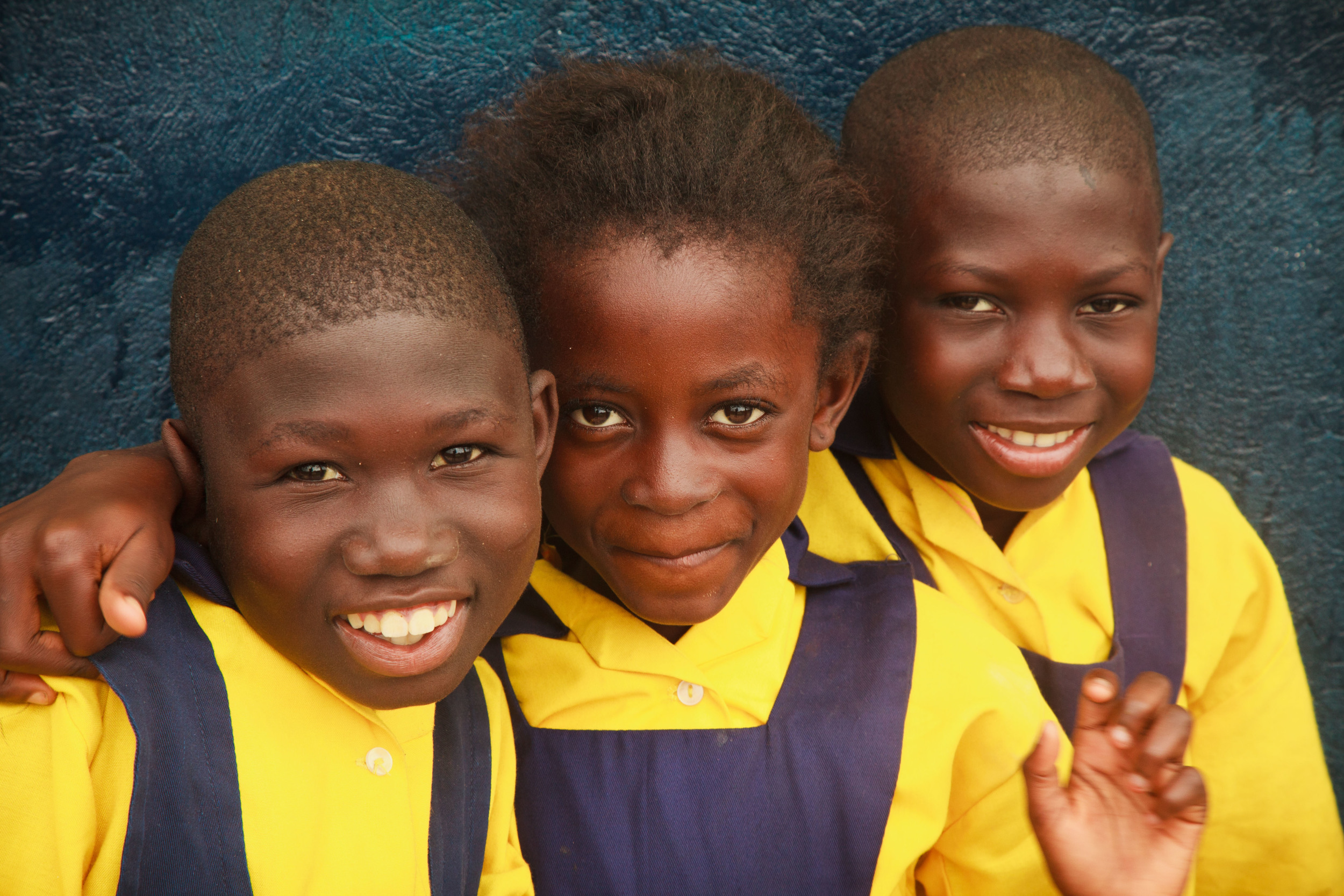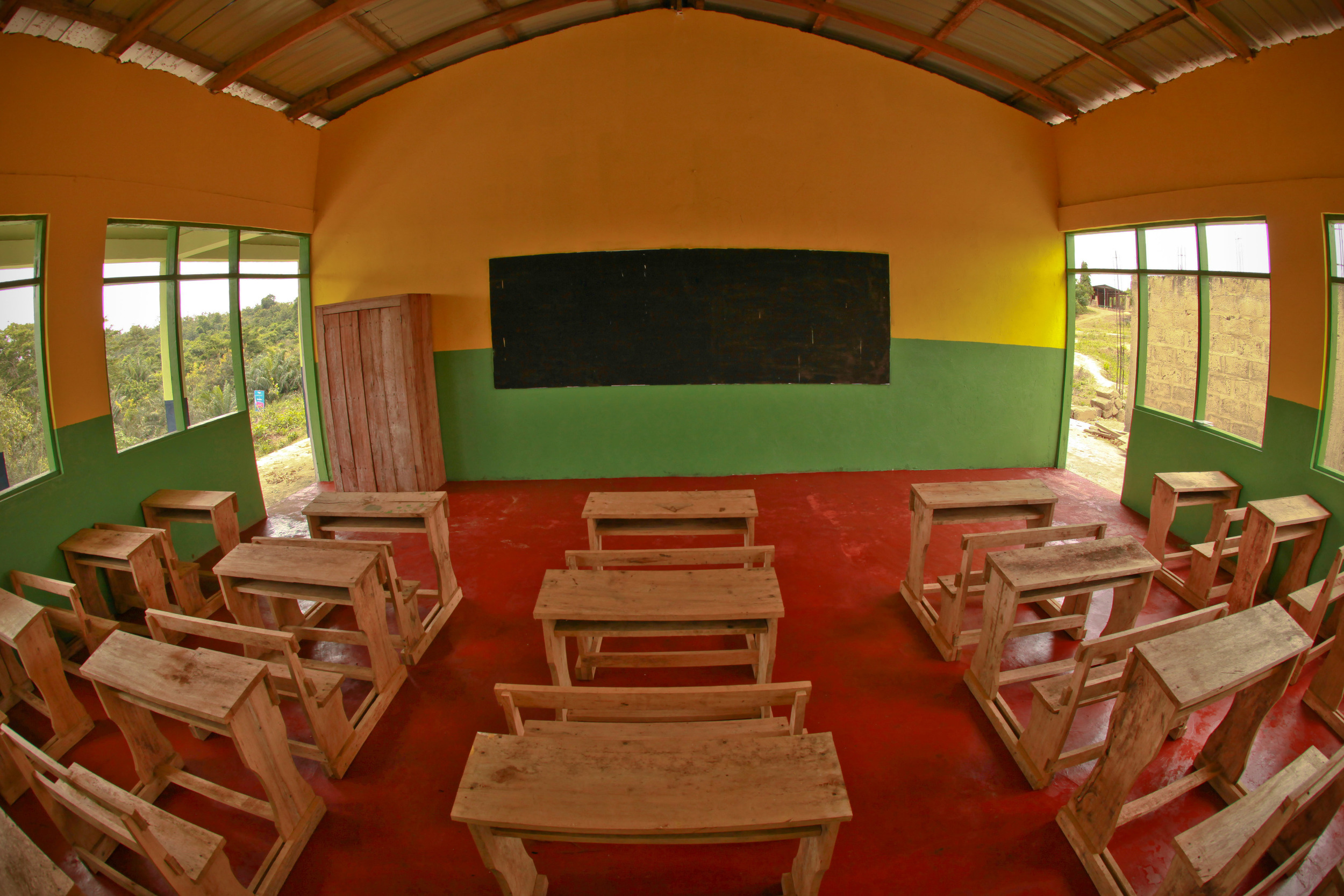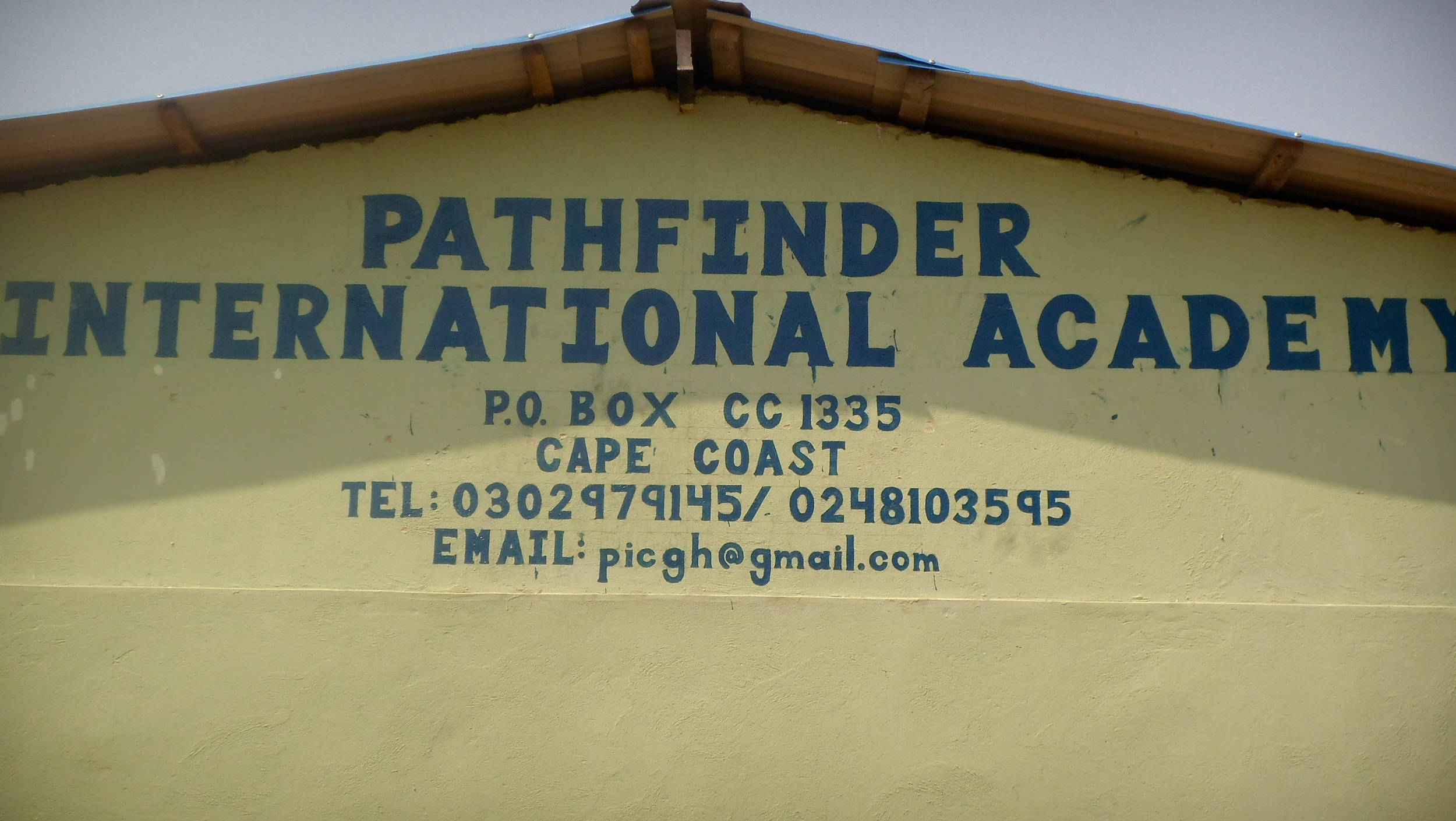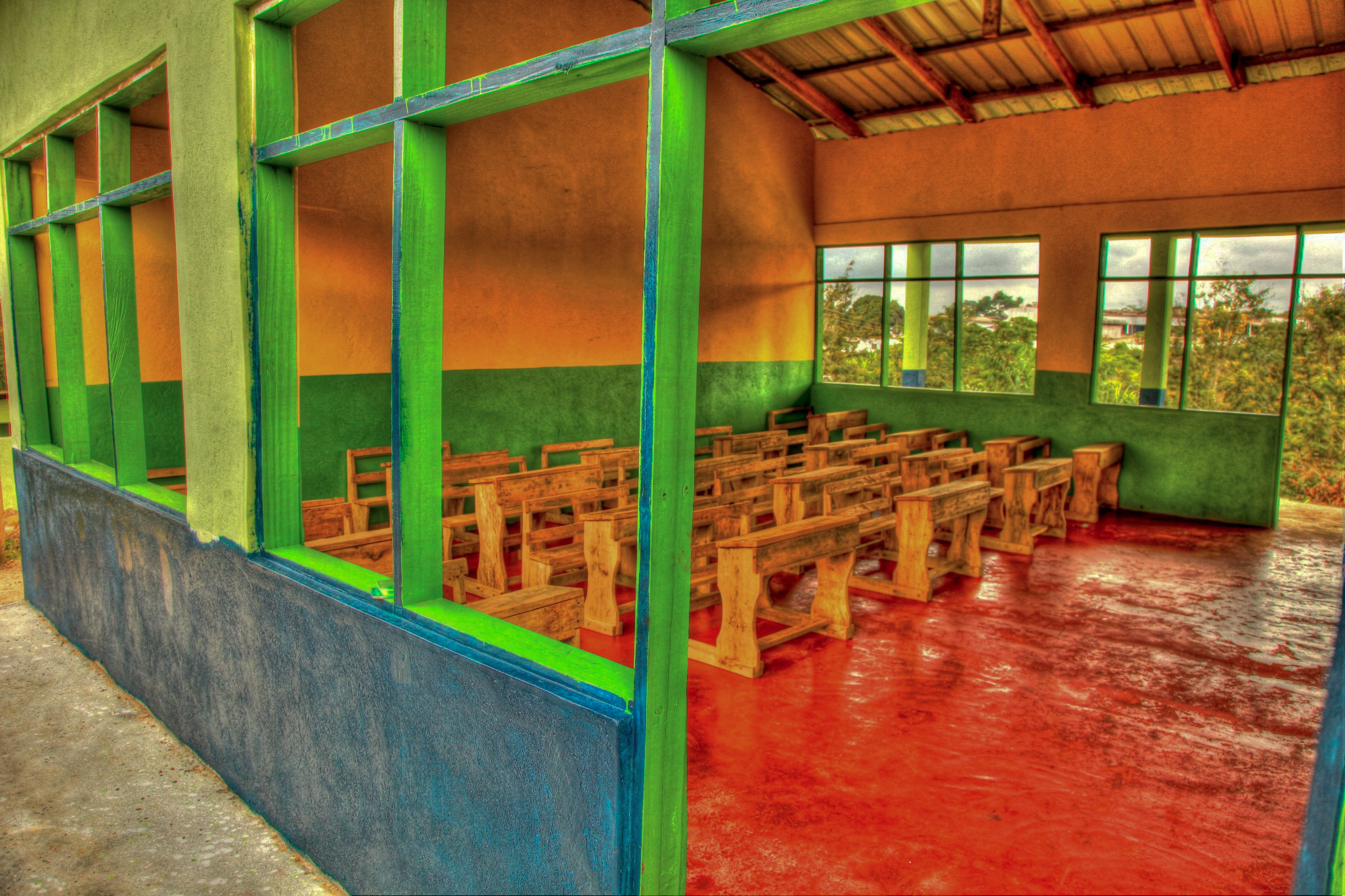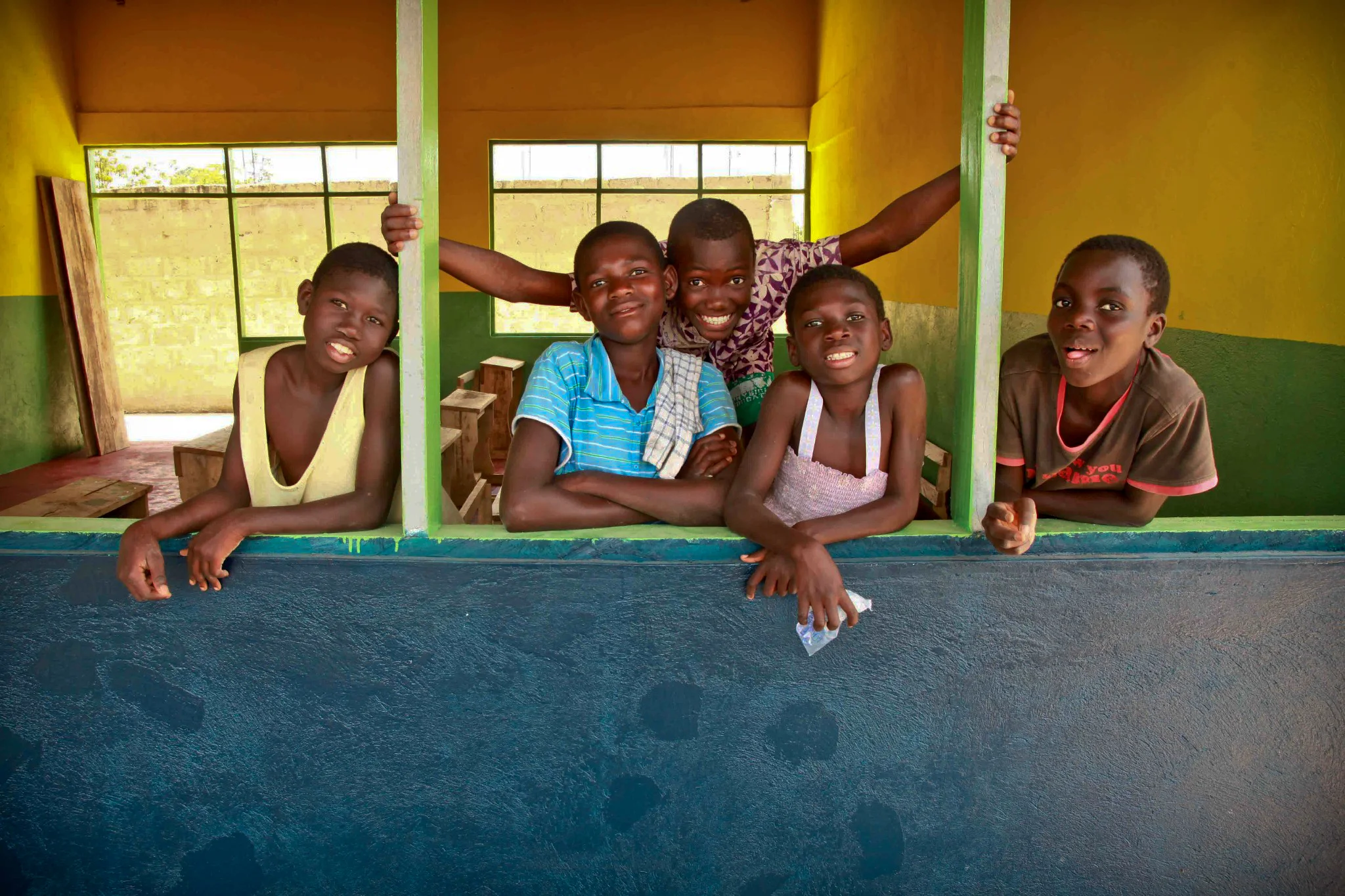Blue Kitabu was a non-profit dedicated to working with local community leaders to develop sustainable schools. We believe that the development of viable business models can help reduce or eliminate aid dependence and promote long-term project viability.
Asebu - in a rural town just north of Cape Coast, we set out to build a primary school.
2009 - we broke ground in the summer of 2009, on a nice plot of land overlooking the town.
Free School - the idea was to create a school that could enroll students who could not otherwise afford to begin school.
Collaboration - we collaborated and developed relationships with local non-profits, local leaders and regional politicians.
Research - through the Blue Kitabu Research Institute, we conducted primary research on the ground and provided our findings back to the community leaders.
Jobs - we hired local contractors so that the money invested went back into the community.
Trust - We trusted the leaders on the ground and stayed out of the process as much as possible to help facilitate local leaders.
Opened - the school opened September 2012, with 110 kids enrolled.
Assessment - traveled around Rwanda visiting orphanages and schools to try and find potentially sustainable projects.
Rebero Nice Bread - found a bakery that used daily profits to take care of 70+ orphans, however, Minister of Health wanted to close bakery due to health standards.
Targeted Investment - raised the capitol necessary to bring the bakery up-to-code.
Sustainable - bakery continued to run and take care of the kids.
Kenya
Loita - continued a long-term relationship with a Maasai community in the Loita hills.
School - developed business model proposals for the local school board.
